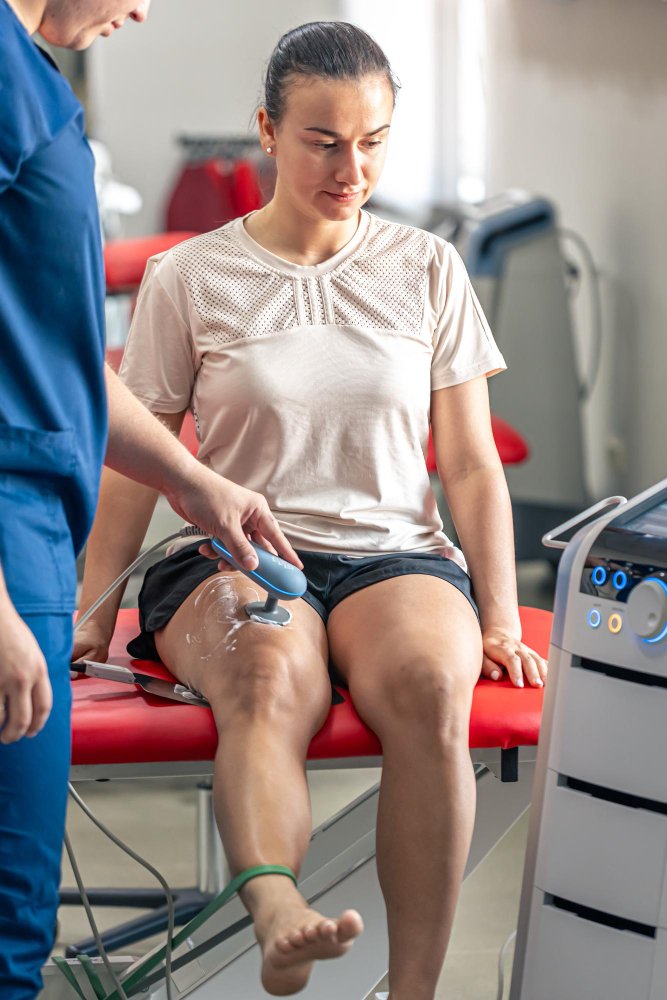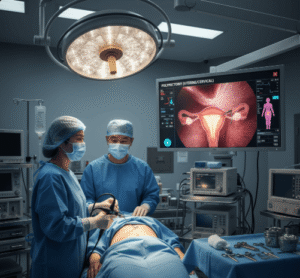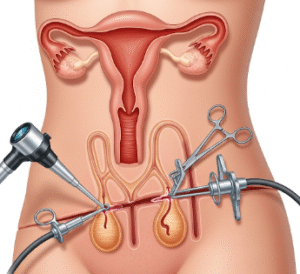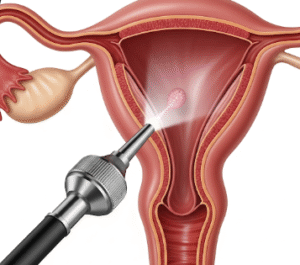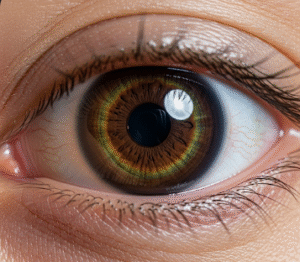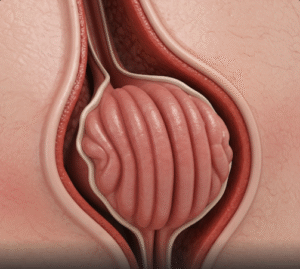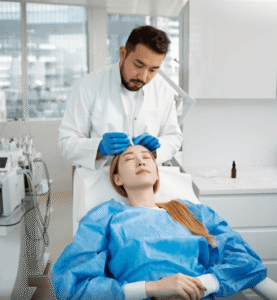Overview
Elephantiasis, medically known as lymphatic filariasis, is a chronic condition characterized by severe swelling and thickening of the skin and underlying tissues, most commonly in the legs, arms, and genital areas. The condition is caused by blockage of the lymphatic system, often due to parasitic infections. While elephantiasis is rare in South Korea, cases may occur among travelers returning from endemic regions, and Korean hospitals provide advanced diagnostic, treatment, and supportive care for affected individuals.
What is Elephantiasis?
Elephantiasis is caused by damage to the lymphatic system, which normally helps maintain fluid balance in tissues. When lymph flow is blocked, fluid accumulates, leading to massive swelling and thickened, hardened skin. The condition can result in disfigurement, restricted mobility, and secondary infections.
Symptoms
- Progressive swelling of limbs, breasts, or genital areas
- Thickened, hardened, or warty skin
- Pain or discomfort in affected areas
- Recurrent bacterial or fungal infections in the swollen tissue
- Restricted movement due to tissue enlargement
- Fever during episodes of acute inflammation
Causes
- Parasitic infection with Wuchereria bancrofti, Brugia malayi, or Brugia timori transmitted by mosquito bites
- Rarely, non-parasitic causes such as lymph node damage from surgery, cancer, or trauma
- Chronic inflammation or repeated infections of the lymphatic system
Risk Factors
- Travel to or residence in regions where lymphatic filariasis is endemic (Southeast Asia, Africa, India, Pacific islands)
- Recurrent infections or poor hygiene in affected areas
- Genetic susceptibility to lymphatic damage
- Delayed treatment of acute filarial infections
Complications
- Permanent disfigurement and disability
- Frequent bacterial and fungal skin infections
- Lymphedema leading to mobility issues
- Psychological impact due to appearance and social stigma
Prevention
- Use mosquito repellent and bed nets when traveling to endemic areas
- Maintain good hygiene and care for the skin
- Early treatment of filarial infections
- Avoid trauma or infections in swollen areas
Treatment Options in Korea
South Korea offers specialized care for elephantiasis, especially for returning travelers or expatriates.
- Medications
- Diethylcarbamazine (DEC): First-line anti-filarial drug
- Albendazole and Ivermectin: Often used in combination for effective parasite eradication
- Antibiotics for secondary bacterial infections
- Surgical Interventions
- Lymphatic reconstructive surgery for severe lymphedema
- Debulking procedures to remove excess tissue
- Supportive Care
- Compression therapy and specialized bandaging to reduce swelling
- Physiotherapy to maintain mobility
- Skin care to prevent infections and complications
- Hospitals and Clinics
Major Korean medical centers provide multidisciplinary care for lymphedema and elephantiasis, integrating infectious disease management, surgical care, and rehabilitation service

